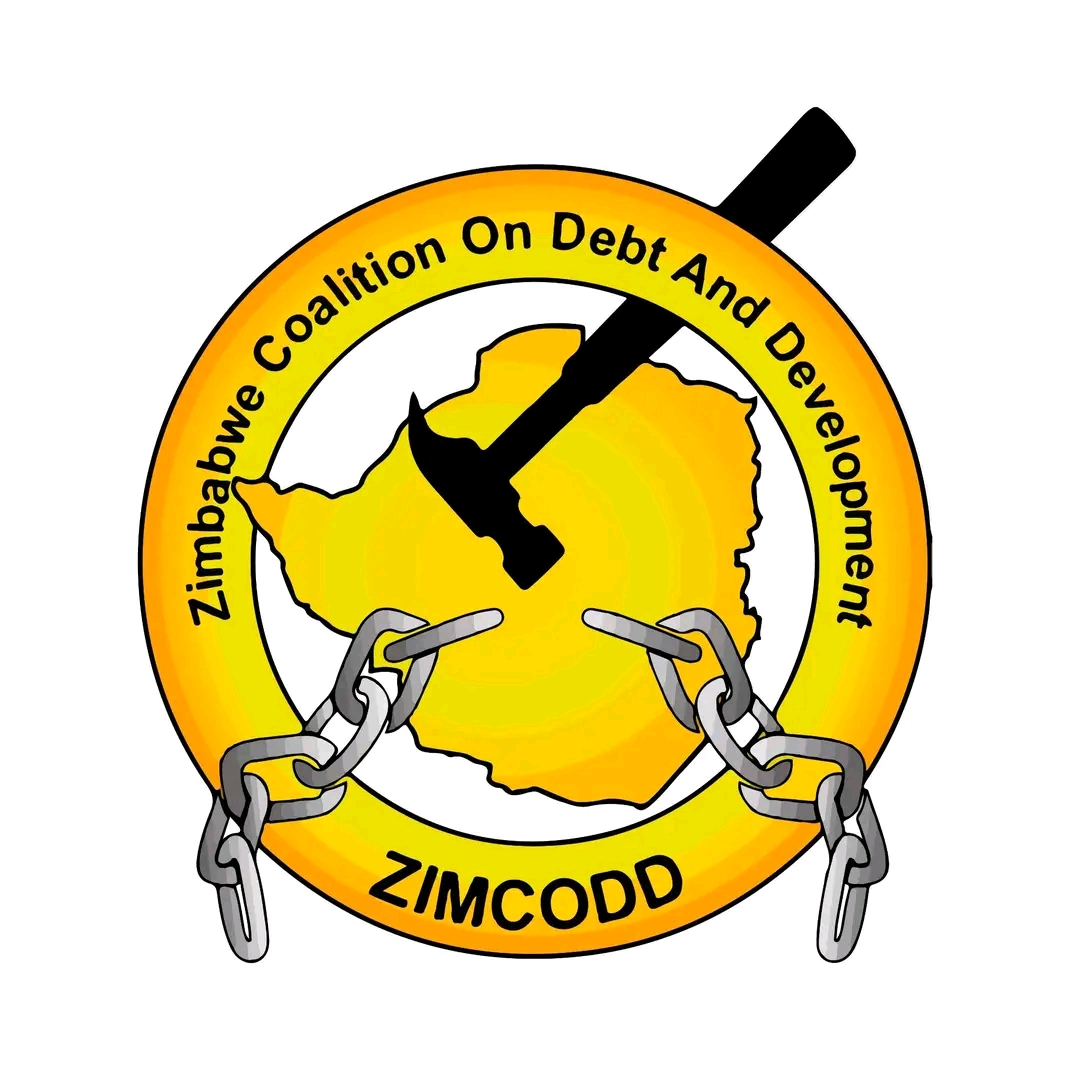|
Getting your Trinity Audio player ready…
|

By Lloyd Rabaya
The post-budget expenditure tracking workshop between the Zimbabwe Coalition on Debt and Development (ZIMCODD) and Parliament of Zimbabwe has kicked off in Kadoma today.
The workshop is scrutinising the much-criticised 2024 National budget which was presented by the Minister of Finance and Economic Development Professor Mthuli Ncube, while mainly focusing on education and health sectors which are amongst the key sectors under the National Development Strategy (NDS) 1.
In his welcome remarks, ZIMCODD Programs Manager Mr. John Maketo said the meeting is not a witch-hunt but a chance for parliament to reflect on their mandates and track how well they are doing in that regard.
“We believe that education and health service delivery are the cornerstone of national development and growth. The achievements of NDS 1 and 2 are hinged on human capital development.
Hence, healthy people give you a healthy and strong workforce, and educated people give you a skilled workforce to deliver on the mandate of that development strategy,” he said.
Today, the workshop covered various components of the post-budget expenditure, including social and economic implications, the importance of government ministries’ quarterly budget analysis reports, health and education financing gaps, and opportunities.
Representatives from Parliamentary Portfolio Committees on Health and Education, Ministry of Primary and Secondary, and Higher and Tertiary Education, Ministry of Health and Child Care, Parliament Budget Office, members of the academia, Civil Society Organisations (CSOs) where part of the workshop, among other stakeholders.
Chairperson of the Parliament Portfolio Committee on Budget, Finance and Investment Honorable Clemence Chiduwa highlighted that as Parliament, besides the legislative role, they also have to play the oversight role and ensure that there is accountability, transparency and value for money.
He also deliberated on the representative role where he underscored the need for parliamentarians to always remember that they were chosen by the people and should represent the people.
“We need to ensure that whatever is done, especially from the executive, there is accountability, transparency, and value for money.
As Parliament, we need to ensure that resources are managed and allocated prudently,” he said.
Academic, Dr. Innocent Bayai reiterated the need for linking the day-to-day running of government ministries to the set targets, like NDS 1, not only referring to them when it is convenient to do so.
“Even the oversight role, it has to be one that is guided by the principles of making sure that what we want to achieve as part and parcel of the blueprint is operationally achieved by making sure that the day-to-day running of the ministries are linked to the objectives and the targets,” he said. Also raised in the workshop include issues of service delivery like water, electricity, and infrastructure development.
This development comes at a time when some roads in the capital city, Harare, are being rehabilitated as Zimbabwe is hosting the Southern Africa Development Community (SADC) Summit in August this year.
